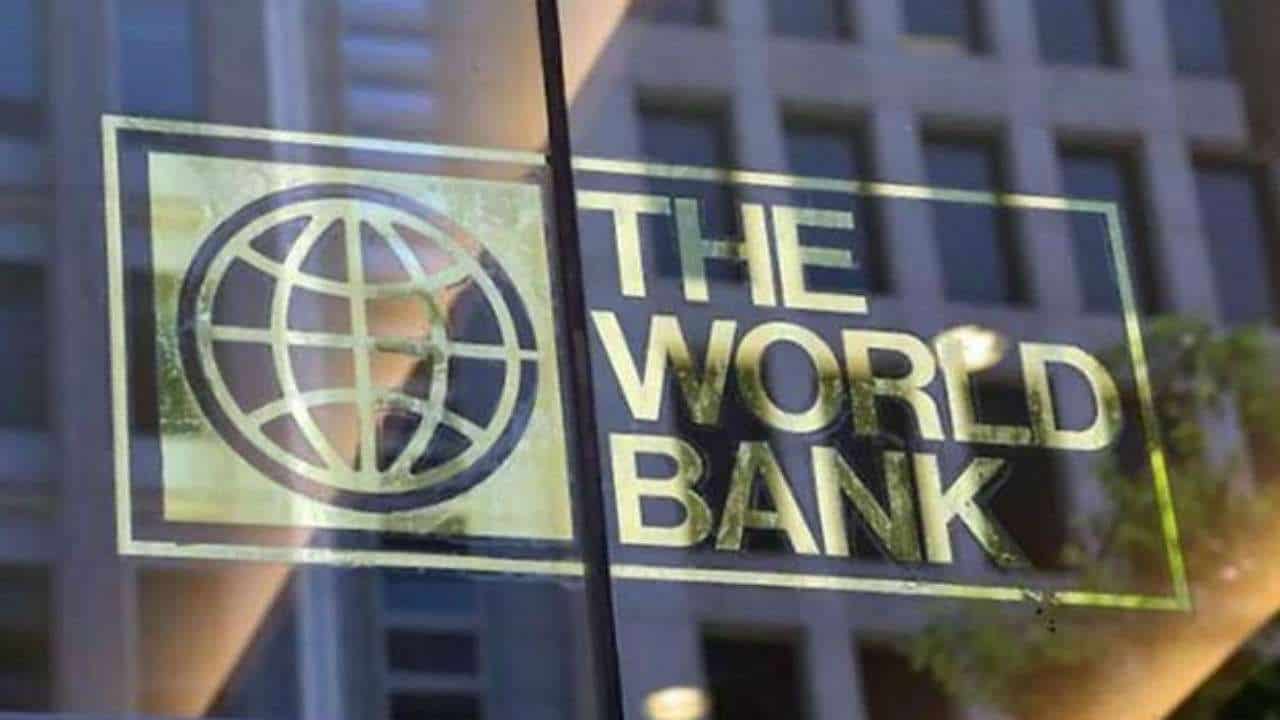A report said Burkina Faso, Chad, Mali, Mauritania, and Niger all in the arid Sahel region are among the least developed countries in the world and therefore the most vulnerable to extreme droughts, floods and heatwaves.
It warned that millions were at risk or already experiencing food insecurity due to low agricultural production from extreme weather, rising insecurity and high food prices.
The “now regular and growing climate shocks are causing large losses in outputs, reducing human capital accumulation, and leading to potentially devastating ecological and economic tipping points in the region,” the bank said.
It said by 2050, annual GDP could fall by as much as 11.9 percent in Niger and by 6.8 percent in Burkina Faso under pessimistic climate scenarios.
But the report says that the damage caused by climate change can be significantly reduced.
Clara de Sousa, the World Bank country director for Burkina Faso, Chad, Mali and Niger, said there are “significant opportunities for more resilient development in the Sahel”.
She said the report was a roadmap to help Sahel countries “scale up reforms and investments to diversify their economies in more resilient and inclusive ways.”
The report includes proposals such as restoring degraded land and boosting economic opportunities for communities, as well as adopting technology to make the agriculture sector become more climate resilient.
The five countries contribute less than one percent of global greenhouse gas emissions.
Burkina Faso, Chad, Mali, and Niger already pledged at the COP26 climate meeting in Glasgow last year to halt and reverse forest loss and land degradation by 2030.
A combination of conflict and climate change in the Sahel region have already prompted nearly five million people to flee their homes, the UN’s refugee agency said earlier this year.








